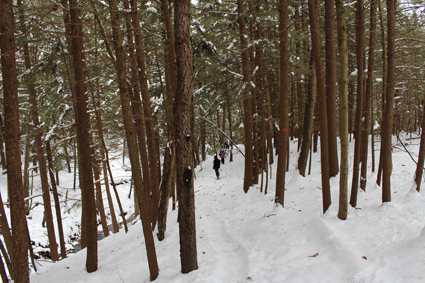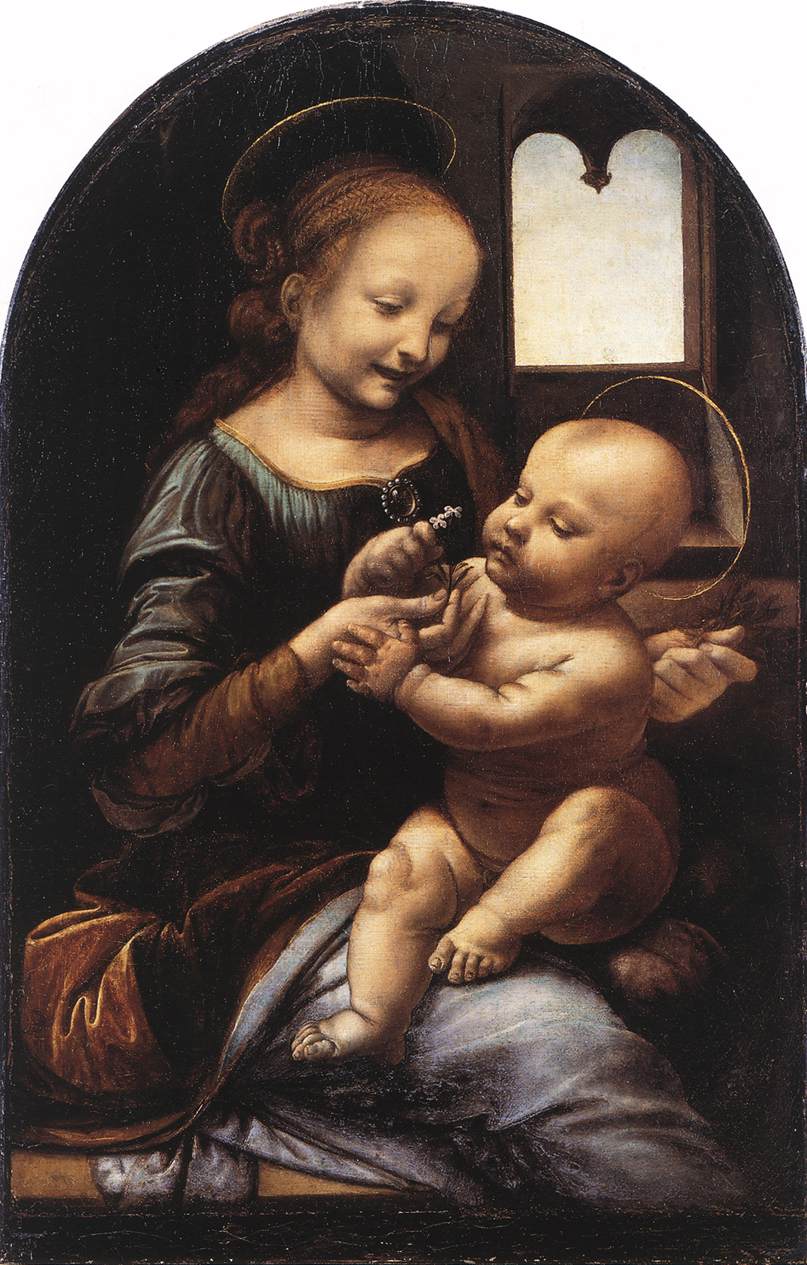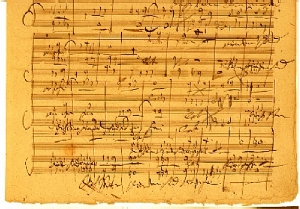Restorers
Also, although what “image of God” means in its fullest biblical witness may be open for discussion, in Genesis it does not refer to a soul or a psychological or spiritual quality that separates humans from animals. It refers to humanity’s role of ruling God’s creation as God’s representative. We see this played out in the ancient Near Eastern world, where kings were divine image-bearers, appointed representatives of God on earth. This concept is further reflected in kings’ placing statues of themselves (images) in distant parts of their kingdom so they could remind their subjects of their “presence.” Further, idols were images of gods placed in ancient temples as a way of having a distant god present with the worshipers.
Genesis 1:26 clearly operates within the same thought world: “Let us make humankind in our image, according to our likeness; and let them have dominion over the fish,… birds,… cattle,… all the wild animals,… every creeping thing” (emphasis added). Humankind, created on day 6, is given authority over what God had made on days 4 and 5. The image of God is not that spark in us that makes us human rather than animal — like reason, self-consciousness, or consciousness of God. In Genesis it means that humans represent God in the world, nothing less but certainly nothing more. This is not to dismiss the question of what makes us human and how humanity uniquely reflects God, especially given the challenge of evolution; but “image of God” is not the biblical way of addressing those ideas. (Peter Enns, The Evolution of Adam)
I have to admit that this idea did not thrill me when I first read it, despite how much sense it makes. Like perhaps many others, I’ve been quite happy with my habitual ways of thinking about what it means to be made “in God’s image” — that is, with taking basically anything positive about being human and saying, “It’s because we’re made in God’s image.” Probably my most frequent defaults have been to point out creativity, self-consciousness, and will as vestiges of the divine in humanity.
But Peter Enns’ interpretation of Genesis seems to read our God-given divinity primarily as a conferral of responsibility: we are to be God’s boots on the ground, his appointed stewards, his representatives on earth. Whatever qualities of mind or soul we may have, what is really being referenced here is our assigned place, our assigned purpose, in the creation.
Because I’ve been mulling this, I’m more sensitized to the ways people talk about being made in God’s image in a way that connotes privilege or superiority or specialness. It’s obvious that as a species, we are unique in some ways; I like to remember what G.K. Chesterton said about this (in Orthodoxy):
That man and brute are like is, in a sense, a truism; but that being so like they should then be so insanely unlike, that is the shock and the enigma. That an ape has hands is far less interesting to the philosopher than the fact that having hands he does next to nothing with them; does not play knuckle-bones or the violin; does not carve marble or carve mutton.
But there is really no divine sanction to think of ourselves as “above” the rest of creation, licensed to do what we please. We have a great responsibility. It’s a sobering thought when one looks at our treatment of other living creatures, and the natural world in general. I think it’s possible to use “made in God’s image” as a rationale for thoughtless use, and misuse, of the rest of creation.
As I’ve been thinking about this, I’ve begun to notice more the other places in Scripture where God sees not just humankind, but all of nature, as sacred. The closing chapters of Job are a good example, with their vivid depiction of a diverse, untamed nature tightly under God’s control. He’s obviously quite proud of it; he even sounds in awe of his own handiwork at times. Think of the nature observation the writer of Job had done in order to make reference to so many natural wonders. It’s remarkable not so much for its accurate science as for its reverence for all of nature. The Psalms too speak often of nature as a testament proclaiming God’s character. How can we fail to notice that humans are not the only ones who bear the divine signature?
Then there is Romans, which speaks of how God will redeem not just humans, but all of creation. This week I read something interesting about this in the context of the whole grand march of Scripture:
Taken as a whole, however, the Bible brings to this problem of the localization of God an answer that is at once vaster and more precise. It reveals to us, in fact, that God’s purpose is the salvation of the world. It is not a matter of the salvation merely of the human race, but of the whole of creation, which waits, as St. Paul says, “to be set free from its bondage to decay” (Rom. 8:19-25). There could be no clearer assertion of the universality of divine action. Universal history, and the whole evolution of Nature, are the realization of this plan by God. But he proceeds step by step, through a series of mediations of localizations. He makes a covenant with Noah (Gen. 9:17). He makes a covenant with Abraham (Gen. 15:18). He chooses a people for himself, the Israelites, and makes a covenant with them (Ex. 24:8). Later on, Jesus chooses the Apostle Peter as the foundation of his Church (Matt. 16:18). These are so many places, that is to say particular events, which mark out the divine itinerary towards a goal which is universal.
Seen in this light, all churches, all rites, and all theologies are provisional stages, instituted provisionally by God in order to bring the human race to full fellowship with him… (Paul Tournier, A Place for You)
All of this is important to me because I’m beginning to understand what really makes my blood pump, and it isn’t just in the realm of human nature. It’s the need for restoration — for people who will take seriously their role as God’s “rulers” in the natural world, and who work to restore and heal what is broken and wounded. I’m not sure what form it will take, but as I’ve been wondering and praying about the main calling or purpose of my life I’ve been honing in on this role of being a restorer. God is using his word to help establish the legitimacy of such a calling. It’s going to be exciting to see where it leads.



